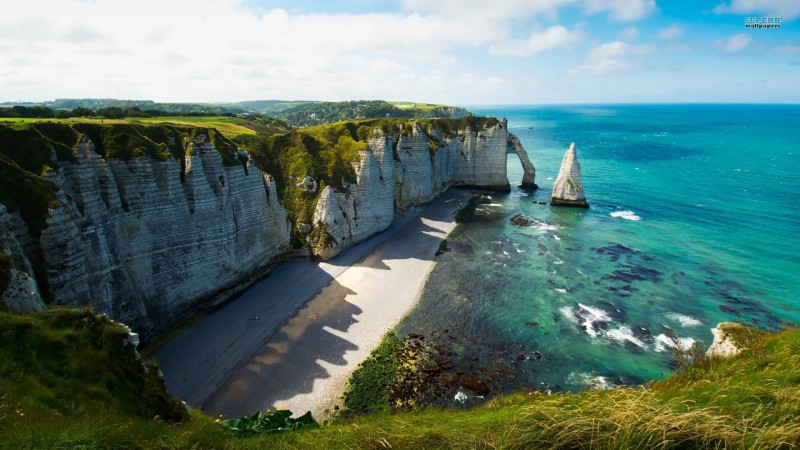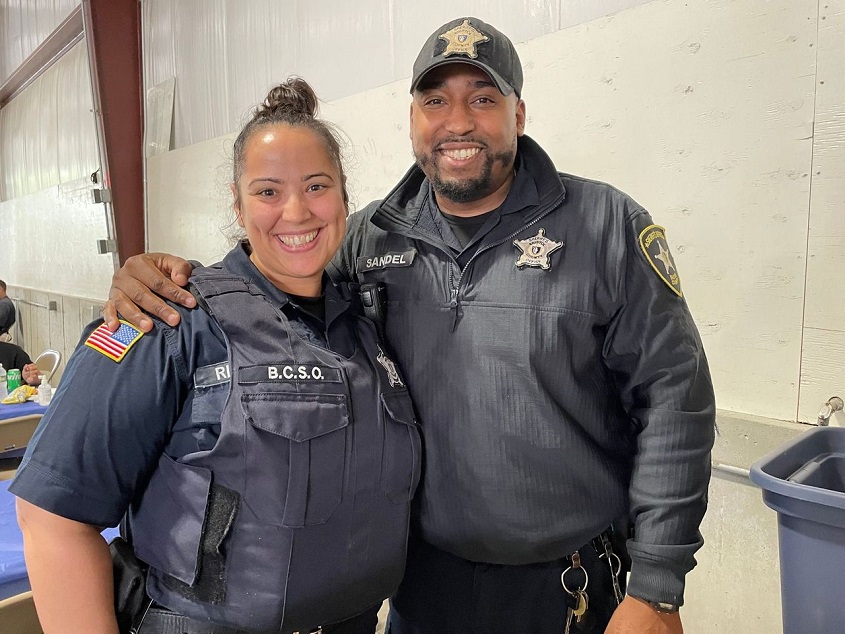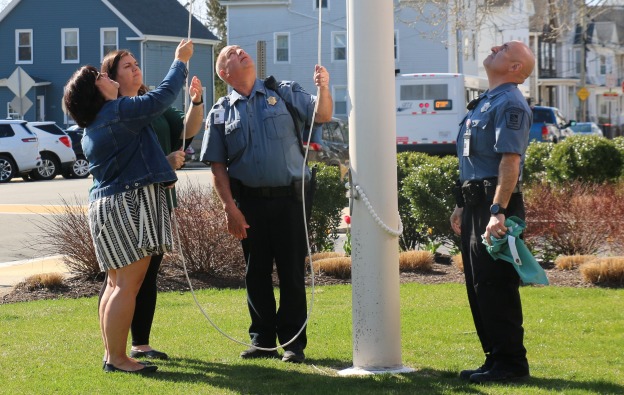If you want to get right to the meat and potatoes and are familiar with the series, skip the intro.
Intro
People are fascinated by their family’s background and asking someone what they “are” will uncover a lot about a person’s identity, family history, and their sense of identity – or lack of it. America being a melting pot more than any country on earth, a person’s surname, ethnicity, or heritage is a popular topic of discussion.
When you tell someone you are Irish, German, Kenyan, Wampanoag, Mexican, Brazilian, et al you are sharing a quick symbol that describes a lot about you. Even if it’s not accurate, or you call yourself “a mutt,” are “half” this, a little “this, that, and this” you still say a lot about who you are. Often you will hear two sets of identity: “On my mother’s side, I am ‘x’ and on my father’s side, I am ‘x.'”

It may come as a surprise to many Americans, but this is something very…well, American. The rest of the world thinks it’s odd or even make us a butt of their jokes. The American fascination with heritage and ethnicity goes even further than that – we love to spend money on DNA kits, to debate and argue over race and/or skin color, and no political discussion is without it.
It’s hard for most Americans to not filter everything through these things. A surname is more than just a person ethnicity and identity: it’s also a connection to the “Old World,” the history of those nations, and the cuisines. Those things make surnames an interesting topic of discussion!
Meat and Potatoes
If you inferred by its appearance that Beaulieu is French, you would be half correct. While its origins are indeed French, it is an Anglo-Irish surname and you will come across variations like Bewlie, Beauley, Bewly, and Beuly, all spellings that are phonetically based.
The key to what type of surname Beaulieu is is right there within its etymology. The word itself is a compound word – the putting together of two or more words to create a new one, e.g. skylight, sunshine, windshield, et al. The first half of the word Beau is derived from the Old French “beu, bel” which means ‘fair’ or ‘lovely’ and where English has “beauty” or “bella.” The second half, Lieu means ‘place’, ‘location’ and in English “lieu” means “place” as well, as in “In lieu of…” It is also where our word Milieu, meaning “the physical or social setting.”
So, it goes without saying that it is a habitational surname – one derived from a locale or specific location.

Now, how in the heck is a French name now considered an Anglo-Irish one? Normandy is the northwesternmost region in France and that region was settled by Danish and Norwegian Vikings in the 9th century and the word Normandy itself means “Northmen.” For you geography buffs, you know that the only thing separating France from England is the English Channel which can be as close as 20 miles away.
The Normans invaded England by crossing the English Channel in the 11th century and conquered it bringing their customs, food, culture, and surnames. This is why the surname is a habitational one – you will find the name and its variations in hamlets, towns, and villages from Normandy all the way through England. In Southern France, you have Beaulieu-sur-Mer on the Cote d’Azur, in England you have Beaulieu Abbey and village, Hampshire which is literally directly across the English Channel from the shores of Normandy and is the seat of Noble House of Montagu. There is also Bewdley in Worcestershire, Bewerley village in North Yorkshire, and many others.
Once the New World opened up, France and England sent explorers and settlers and the name Beaulieu arrived here. Over time the French and French-Canadians would begin to gravitate to Louisiana and by the 1840s and would form one of the largest French communities in the New World for the following decades.
Eventually, masses of French Canadians would head to Maine – where it is now the state with the most Beaulieus – between 1840 and 1930 because of the mills which sprung up in New England during whaling and textile booms. Of course, they had to pass through Massachusetts to get there and since New Bedford was considered the richest city in America in 1856 due to whaling, many felt no need to continue on to Maine.
Some notable Beaulieus are Elvis Presley’s ex-wife Priscilla Beaulieu Presley, Trace Beaulieu, television writer and performer, the lead guitarist of the band Trivium Corey Beaulieu, Johann Peter Beaulieu, an Austrian general (1725-1819), professional athletes Jean-Christophe Beaulieu (football) and Nathan Beaulieu (hockey).
 New Bedford Guide Your Guide to New Bedford and South Coast, MA
New Bedford Guide Your Guide to New Bedford and South Coast, MA








